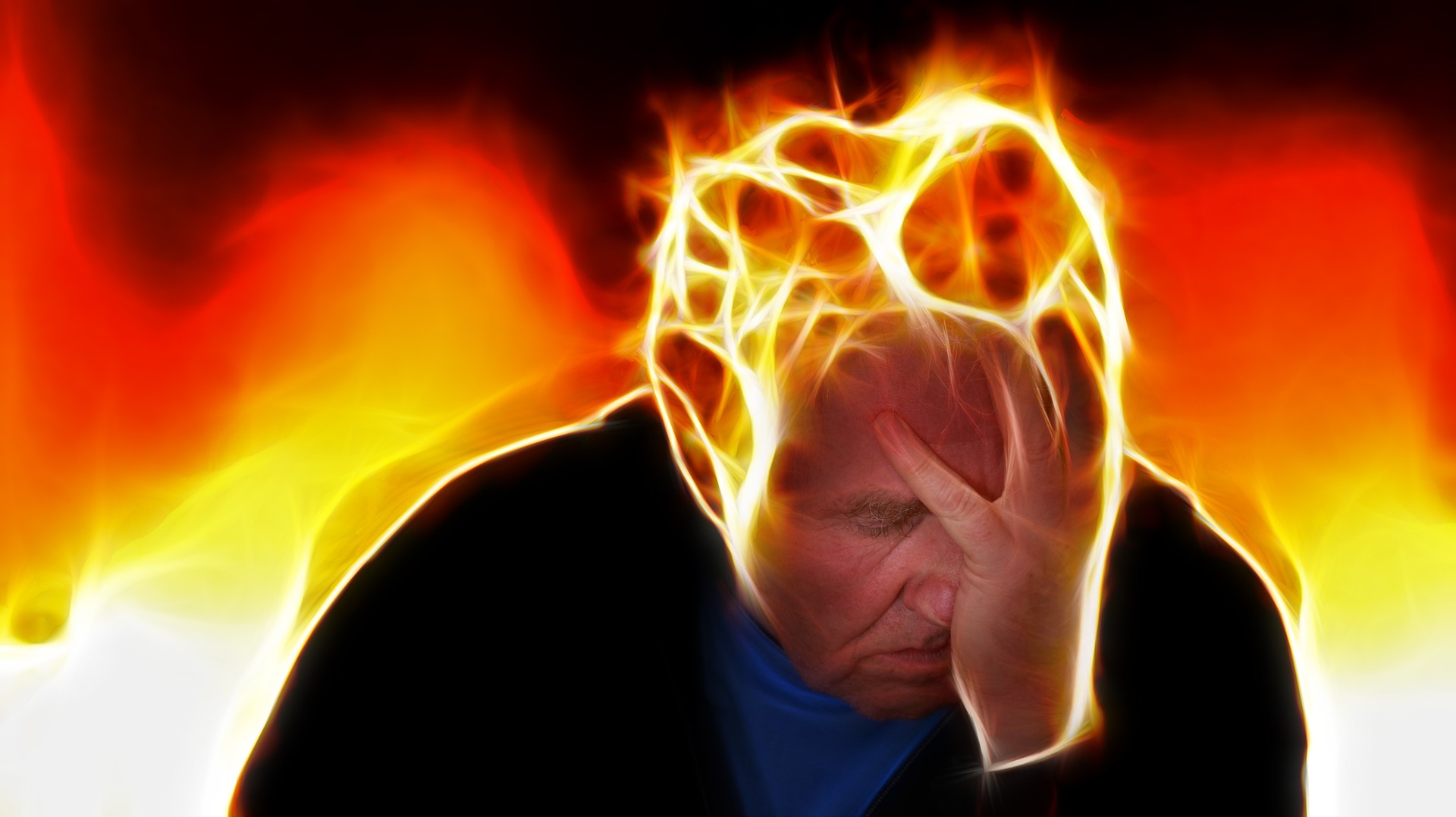Written by Tom Balchin | First published on https://arni.uk.com
Stroke is one of many conditions that can lead to seizures, or epilepsy. You may think of these as ‘having fits’. In the UK this condition affects just under 1% of the population. Around 5% of people who have a stroke will have a seizure within the following few weeks. These are known as acute or onset seizures and normally happen within 24 hours of the stroke.
The good news is that your risk of having a seizure lessens with time following your stroke. But, you’ve really got to take care. I see people regularly who have fits for the first time. It’s never fun, but luckily, as someone who has had controlled epilepsy for over 20 years I know exactly how to identify these very early (it’s not that hard really). Quickly get the person to the floor, gently, into the recovery position and call for an ambulance. If you have a list of all their medications on hand to tell the paramedic, that would be ideal.
You are more likely to have had one if you have had a severe stroke, a haemorrhagic stroke or a stroke involving the part of the brain called the cerebral cortex. My own epilepsy came only after subarachnoid haemorrhage, (an uncommon, very serious and often fatal type of stroke caused by bleeding on the surface of the brain)
The causes of seizures are complex. Cells in the brain communicate with one another and with our muscles by passing electrical signals along nerve fibres. If you have epilepsy this electrical activity can become disordered and a sudden abnormal burst of electrical activity in the brain can lead to a seizure.
There are over 40 different types of seizures that can occur, but the most common ones are partial seizures or generalised seizures.
Partial or focal seizures only occurs in part of your brain. You may remain conscious and aware of your surroundings during a partial seizure (called a simple partial seizure) or you may become confused and unable to respond (a complex partial seizure). The symptoms you experience during a partial seizure will depend on which part of your brain has been affected. You may feel changes in sensation such as a tingling feeling, which spreads to other parts of your body.
Commonly people experience a rising feeling in their stomach (a bit like when you go over a humpback bridge). This is called an ‘epigastric rising sensation’. You may also experience uncontrollable stiffness, twitching or turning sensation in a part of the body such as your arm or hand, and/or disturbances in your vision, such as seeing flashing lights.
You can read the full article here.
Image credits: Pixabay.com





